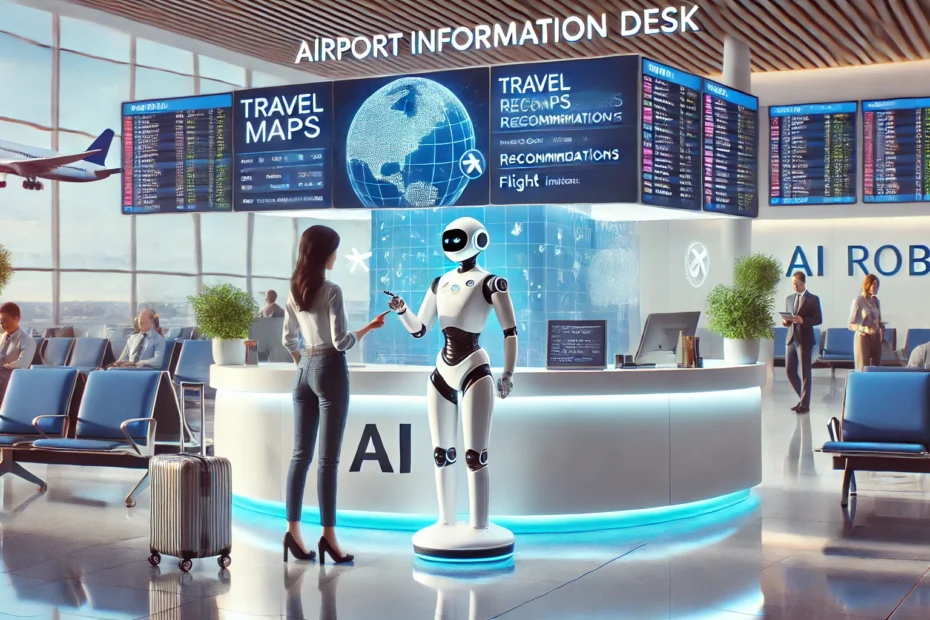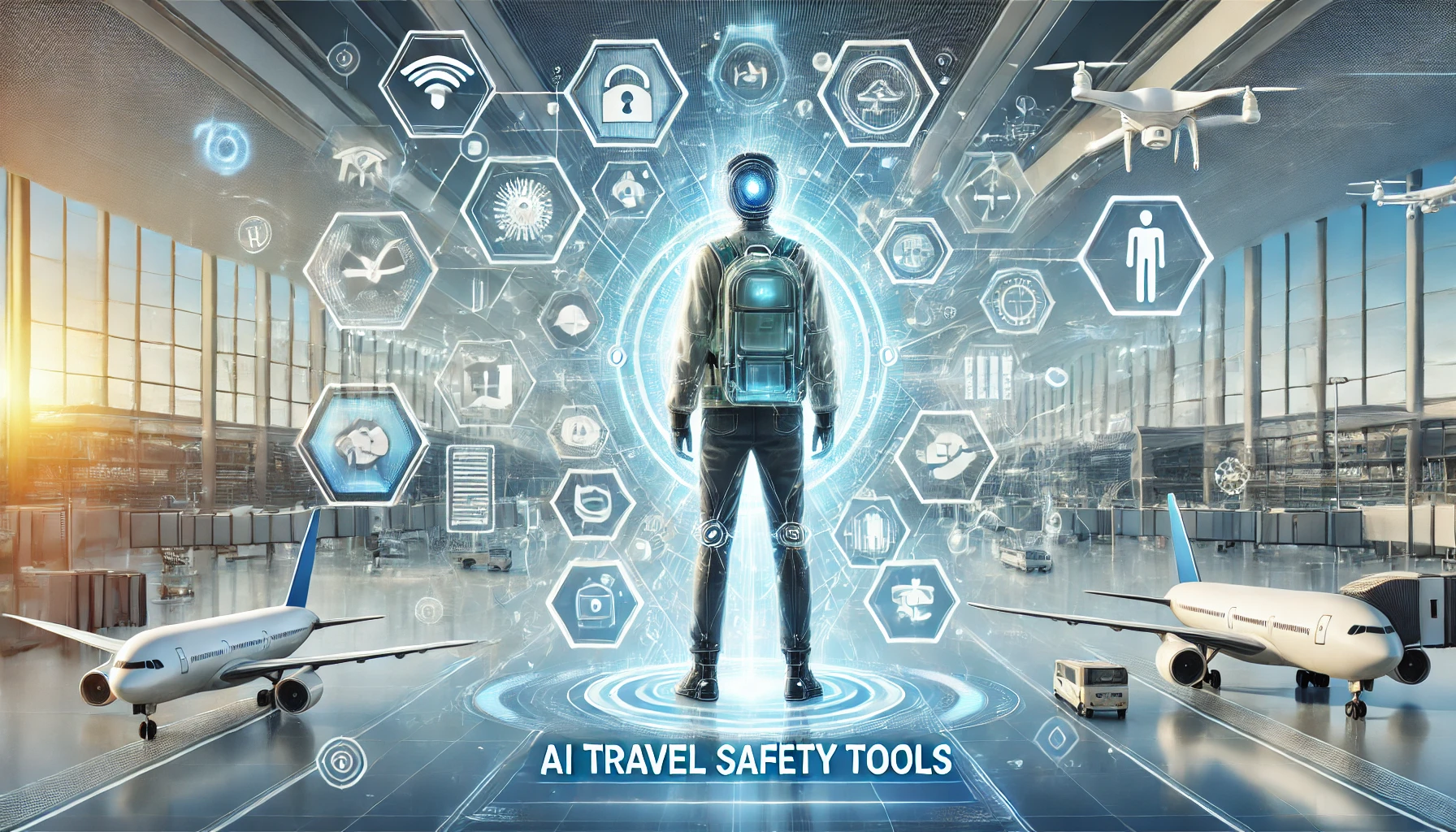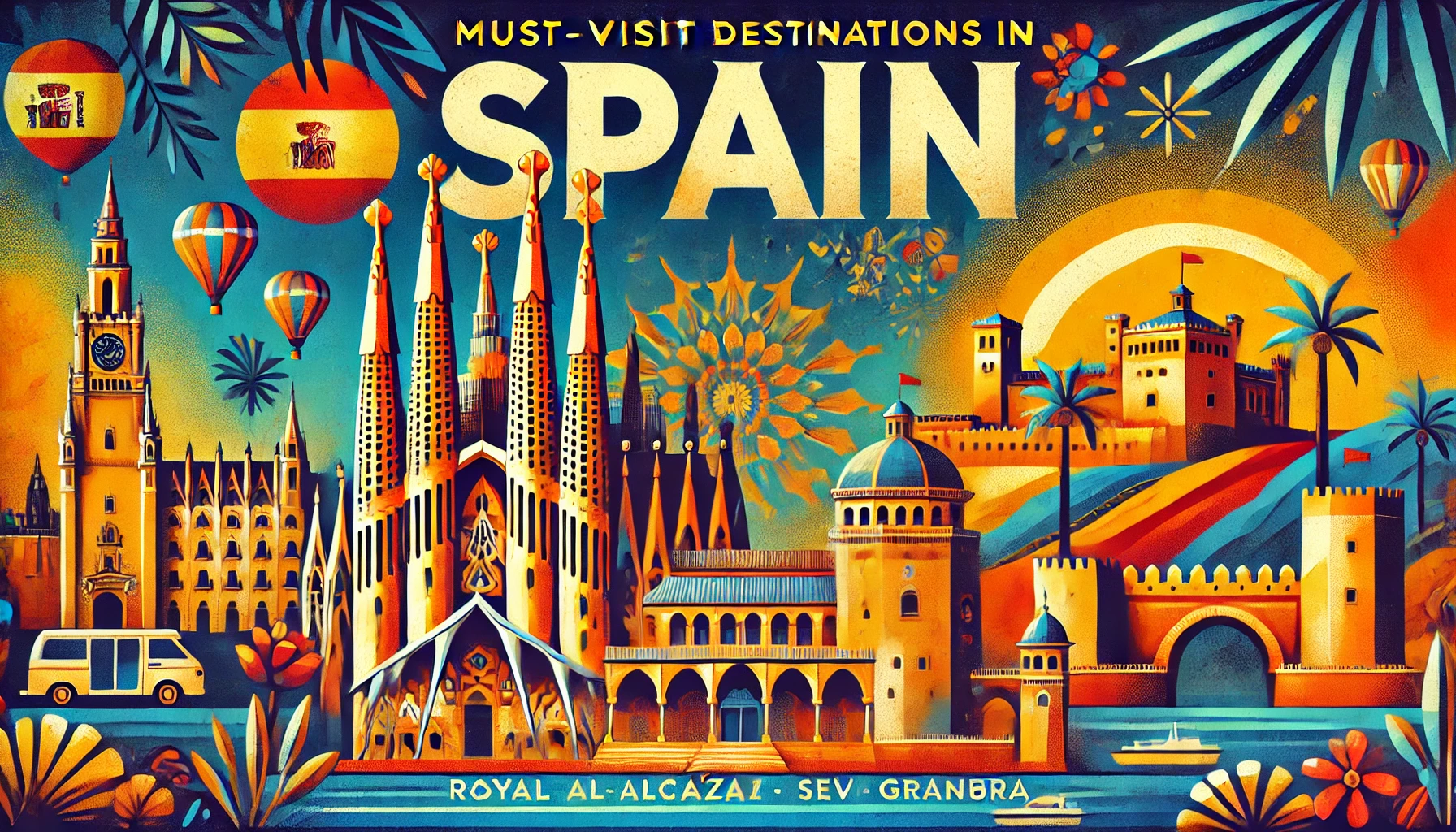The era of artificial intelligence (AI) has transformed nearly every aspect of our lives, and the travel industry is no exception. With the surge of big data and smart algorithms, Personalized AI Travel Recommendations have emerged as a popular solution for travelers seeking tailored itineraries, accommodation options, and experiences. But how exactly do these AI-powered systems work? More importantly, can they be trusted to handle the nuances of your travel plans? This comprehensive guide breaks down the mechanisms behind these intelligent tools and evaluates their reliability.
What Are Personalized AI Travel Recommendations?
Personalized AI Travel Recommendations are AI-driven systems designed to provide tailored travel suggestions based on an individual’s preferences, behaviors, and historical data. These platforms leverage advanced machine learning algorithms and big data analytics to offer recommendations such as:
- Flight options
- Hotel suggestions
- Restaurant picks
- Sightseeing itineraries
- Local experiences
By analyzing data points like past bookings, search history, reviews, and even social media activity, these tools create highly customized travel plans in seconds.
How Do AI Travel Recommendation Systems Work?
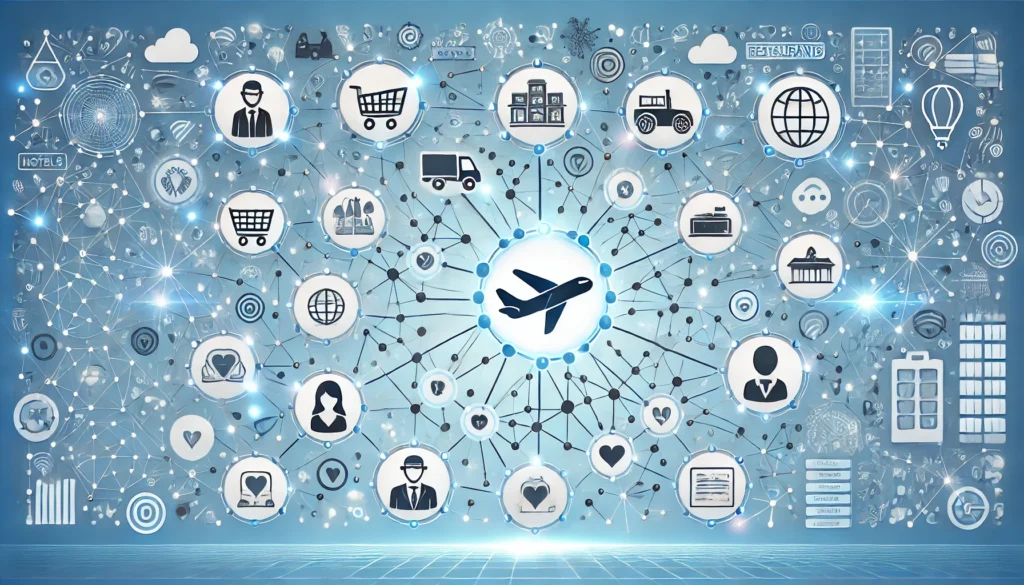
1. Data Collection & Integration
The first step involves gathering a vast array of data, including:
- User preferences (budget, travel history, favorite destinations)
- Behavioral data (clicks, past searches)
- Demographic information (age, gender, location)
- Social media data (posts, likes, shares)
- Third-party data from airlines, hotels, and travel agencies
2. Machine Learning Algorithms
After collecting data, machine learning algorithms process and analyze patterns to predict the most relevant travel options. Common techniques include:
- Collaborative Filtering: Suggests options based on similar users’ preferences.
- Content-Based Filtering: Recommends based on individual user’s behavior and profile.
- Natural Language Processing (NLP): Analyzes user reviews and feedback to understand sentiments.
3. Real-Time Personalization
AI systems continuously learn and update recommendations in real-time. For instance, if you frequently book luxury hotels but recently searched for budget stays, the AI adjusts accordingly, offering a blend of both options.
4. Integration with Chatbots & Virtual Assistants
Many platforms integrate AI travel recommendation systems with virtual assistants like Google Assistant, Alexa, or proprietary chatbots. This allows users to receive instant suggestions via voice or text commands.
Key Benefits of Personalized AI Travel Recommendations
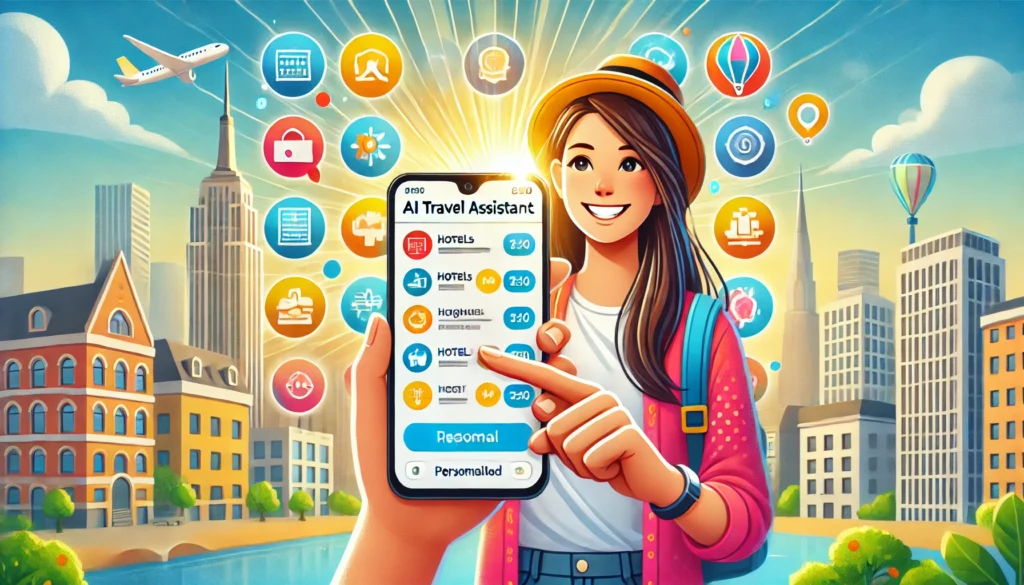
1. Time Efficiency
Planning a trip manually can take hours of research. AI tools instantly narrow down choices based on your preferences, saving significant time.
2. Tailored Experience
AI systems consider personal tastes, making recommendations more relevant. Whether you’re a foodie, adventure seeker, or history buff, the AI curates unique suggestions.
3. Cost Savings
Some platforms monitor price trends and alert users about the best times to book, potentially saving money on flights and hotels.
4. Improved User Experience
AI chatbots offer 24/7 assistance, helping users modify bookings, inquire about policies, or get destination insights in real-time.
Are Personalized AI Travel Recommendations Reliable?
While these tools offer undeniable convenience, it’s essential to understand their limitations:
1. Data Privacy Concerns
To provide personalized suggestions, AI systems collect sensitive user data. Users must ensure platforms adhere to strict privacy policies and comply with regulations like GDPR.
2. Lack of Human Touch
AI lacks the emotional intelligence of a human travel agent. It may miss nuanced preferences or unique local experiences that only an expert can recommend.
3. Potential Bias in Algorithms
If the data fed into AI systems is biased or limited, the recommendations can reflect those biases. For instance, it may favor larger hotel chains over boutique accommodations.
4. Over-Personalization
While personalization is the goal, excessive filtering might limit exposure to new, unexpected experiences that could enrich your trip.
How to Use AI Travel Recommendations Safely
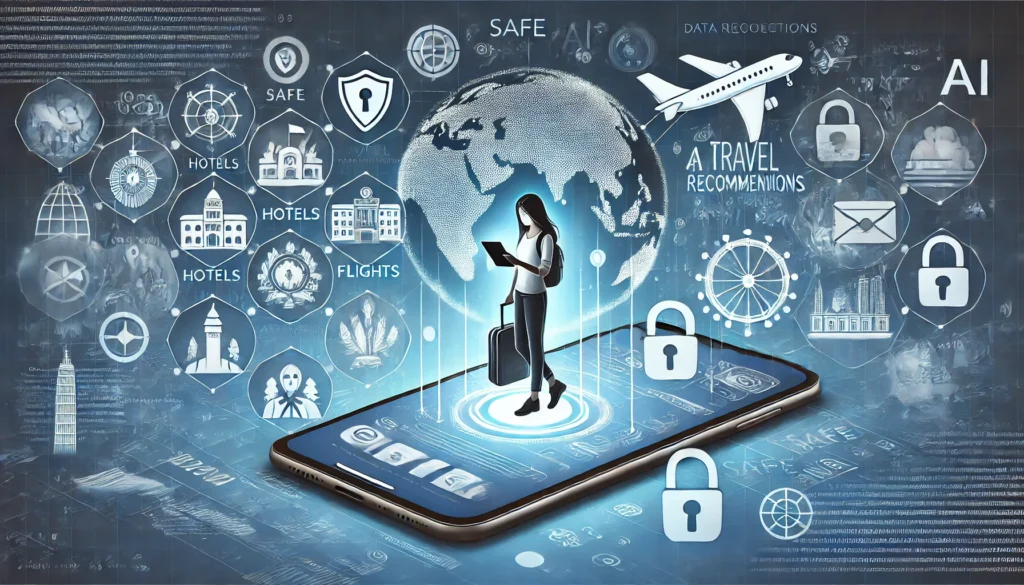
1. Verify Data Policies
Always review the platform’s data usage and privacy policy. Opt for services that provide transparency and allow control over your data.
2. Cross-Check Information
Use AI recommendations as a starting point, but cross-check details on trusted travel forums or websites to confirm accuracy.
3. Combine AI with Human Expertise
Consider using AI tools alongside human travel agents or local guides. This hybrid approach balances efficiency with personalized insights.
4. Keep Preferences Updated
Regularly update your preferences on the platform to ensure the AI accurately reflects your current travel goals.
Popular Platforms Offering Personalized AI Travel Recommendations
- Google Travel
- Kayak Trips AI
- Trip.com AI Assistants
- Expedia Recommendations Engine
- Skyscanner AI Tools
These platforms are leveraging AI to enhance user experience, making travel planning smarter and more accessible.
Final Thoughts: Should You Trust AI Travel Recommendations?
Personalized AI Travel Recommendations offer immense potential for creating tailored, efficient, and cost-effective travel plans. However, blind trust is never advisable. While AI can simplify choices and suggest well-matched options, it is crucial to remain an informed traveler by cross-verifying details and being mindful of data privacy.
Trust AI for convenience, but complement its recommendations with your judgment, research, and local expertise to ensure a memorable and satisfying travel experience.
FAQs
- Are AI travel recommendation platforms free to use?
Most platforms offer basic AI recommendations for free, though premium services may charge for advanced features. - How accurate are AI travel recommendations?
Accuracy depends on the quality and quantity of data. They are generally reliable but should be cross-checked. - Do AI tools consider current travel restrictions?
Yes, many modern AI travel platforms integrate real-time updates on travel advisories and COVID-19 restrictions. - Can AI travel tools handle group travel planning?
Some platforms allow multiple user profiles and preferences, making them useful for group trips. - Is my personal data safe with AI travel platforms?
Reputable platforms implement strict data protection measures. Always review privacy policies before sharing data.
